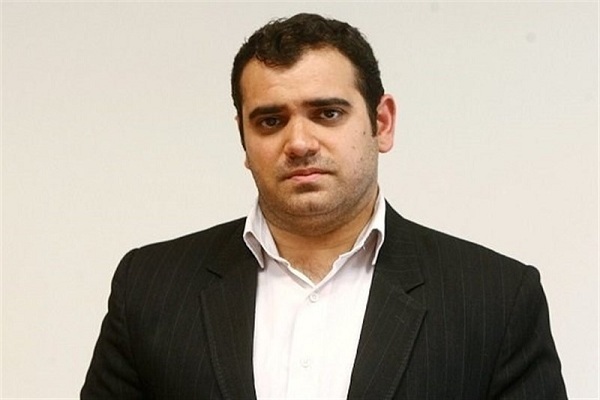Assassinations Fail to Weaken Resistance Groups, Says Expert

“In contemporary times and in recent decades, there is ample historical evidence showing that Hezbollah, Hamas, and other resistance groups have not suffered structural damage despite the martyrdom of their commanders and leaders,” Hanif Ghaffari, an expert on regional issues, told IQNA.
The remarks come as the Israeli regime assassinated Hezbollah Secretary General Sayyed Hassan Nasrallah in an airstrike in Beirut on Friday.
The expert pointed to the propaganda waged by Zionist and Western media against Hezbollah in the past few days, noting that the Lebanese resistance group faced the same propaganda after the assassination of its former leader Sayyed Abbas al-Musawi in 1992 that claimed Hezbollah would be weakened and eliminated after that loss.
“After the martyrdom of Sayyed Abbas al-Musawi, not only did Hezbollah not disband, but Sayyed Hassan Nasrallah replaced him, and over these three decades, not only were the Zionist regime's tactics against Lebanon neutralized, but the larger goals and joint strategies of Washington and Tel Aviv were also challenged,” Ghaffari said.
“During Sayyed Hassan Nasrallah’s leadership, we witnessed events such as the withdrawal of Zionists from southern Lebanon in 2000 and Israel's defeat in the 33-day war,” he added.
Read More:
The authenticity, strength, structure, and discourse of the Resistance Axis have not changed in essence or practice, said the expert, adding, “In fact, the martyrdom of leaders and commanders has become a motivation for further and greater continuity of this movement.”
The resistance discourse is dynamic and fertile in nature, meaning it generates new methods and examples, he added.
“In general, the resistance discourse is such that it adapts to any situation, and this adaptability ensures that the resistance is always prepared for any conspiracy or circumstance,” Ghaffari said.
4239742



